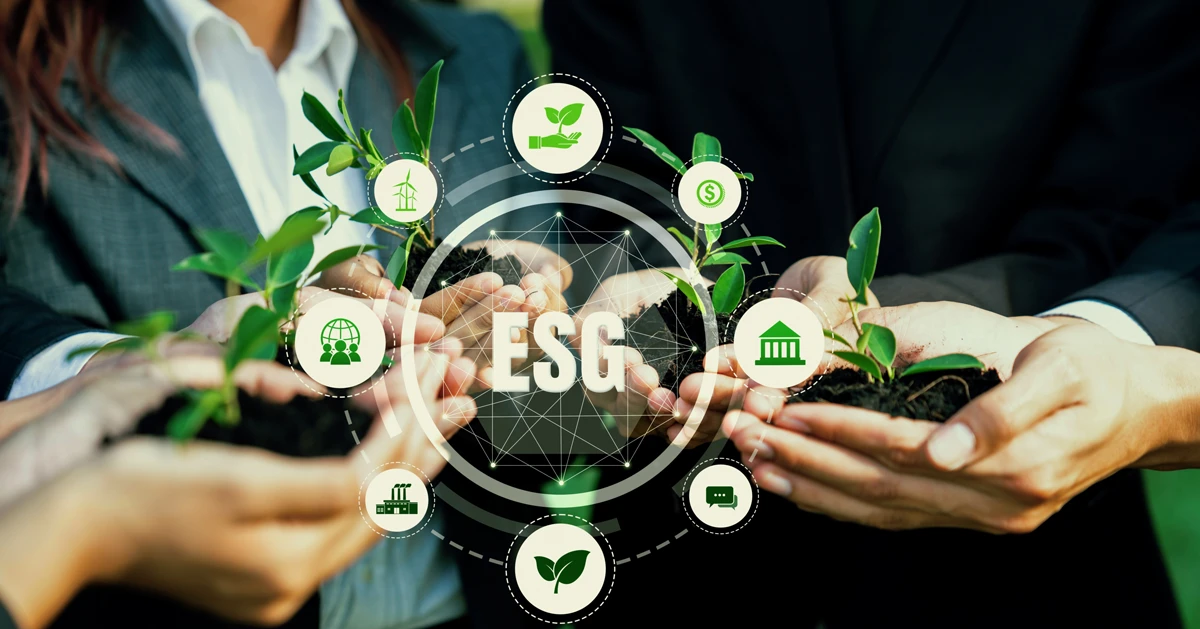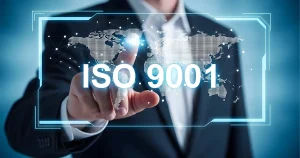ISO consultancy services are playing an increasingly important role in helping businesses meet their sustainability and environmental, social, and governance objectives. In recent years, companies in every sector have faced growing pressure to align their operations with global climate action, ethical practices, and transparent governance. Organizations are no longer judged only by profits—they are measured by how well they protect the environment, support communities, and follow responsible policies. This is where structured systems like the ISO 14001 standard and professional guidance make a real difference.
Why Sustainability and ESG Goals Matter Today
Sustainability is no longer a business buzzword but is instead an imperative for companies today. Investors are demanding proof of responsible action, regulators are demanding more vigorous reporting on environmental social and governance performance, and consumers are demanding it. International stakeholders wish to conduct business with corporations that signify a clear commitment to environmental stewardship and ethical governance.
Firms need systematic frameworks to organize the sourcing of inputs, reduce wastage, and report on their operations in a reliable manner under this framework. ISO 14001 environmental management system provides this framework by guiding firms on how they can reduce environmental risks, maximize productivity, and maintain regulatory compliance.
How ISO Consultancy Services Support ESG
ISO consultancy companies help organizations attain such standards. Firms generally struggle to understand the complex requirements of having an ISO environmental management system. Consultants simplify this by examining current practice, finding weaknesses, and developing compliant plans with local regulations and international expectations.
Instead of treating sustainability as an add-on, consultancy services integrate it into daily operations. Everything from energy usage to waste management is addressed in attempting to obtain the ISO 14001 standard and the general goals of sustainability. In the process, organizations not only get certification but also competitiveness in competitive markets where good business earns stakeholders’ appreciation.
Embedding Sustainability Through Standards
The ISO 14001 environmental management system is based on a continual improvement cycle. The system provokes organizations to plan, execute, monitor, and review their environmental performance from time to time. The cycle keeps firms attentive to emerging issues of concern to the environment and constantly changing regulations.
With professional advice, companies are able to reduce their carbon footprint, eliminate wasteful spending, and enhance resilience. Use of the ISO environment management system also allows organizations to enhance improvement openness, one of the most critical environmental social and governance reporting needs.
ISO Consultancy Services and Corporate Reputation
While in the pursuit of sustainability, reputation is as crucial as compliance for most companies. It is where the intervention of ISO consultancy services is needed. Consultants help companies go beyond the mere certification in building a culture of responsibility.
When companies demonstrate they are complying with norms, they send a strong message to stakeholders that they care about the environment, as well as about upholding ethical rule-making. This builds not just trust but also investors who increasingly rely on ESG scores.
Competitive Advantage and Market Recognition
In today’s marketplace, certification is not merely a sign of compliance anymore—it’s a competitive advantage. Companies using the ISO environmental management system have improved prospects for saving resources, realizing operational effectiveness, and acquiring a competitive advantage for collaborations or bids.
There is a need to hire professional consultants so that companies don’t only achieve regulatory minimum but also use certification as a way of establishing themselves in the marketplace. It’s especially important in regions of the world where sustainability reporting and compliance are about to become mandatory, and companies with poor systems fall behind.
Connection to Global ESG Frameworks
ESG factors are increasingly becoming the investment and trade decision drivers across the world. Standards like the ISO 14001 are operational standards used to align organizations with standards. It becomes possible for organizations to connect their everyday practice with global objectives like the United Nations Sustainable Development Goals (SDGs) through consultants.
The harmonization helps companies appropriately convey their operations to international partners, proving that they are concerned with local regulation and global responsibility.
Technology and Information in Sustainability Practice
Modern sustainability practices are technology-driven. Companies apply digital platforms to measure emissions, track waste, and report success in real time. It is facilitated by consultants to align such technology with the ISO environmental management system so that reporting and verification become simple.
Real information also builds trust in environmental, social, and governance reporting so that companies are not merely asserting improvement but actually demonstrating it through measurable outcomes.
Local Development in Certification
Demand for certification is rising in most of the world. Businesses from emerging economies are creating high levels of interest in standards that show their commitment to sustainability. For instance, ISO consultants in UAE are benefiting from higher demand since companies want to gain systematic means of fulfilling ESG reporting necessities. Similarly, demand for ISO certification in Dubai indicates how regional markets are becoming more interested in associating business expansion with sustainable operations.
Companies also utilize professional services like ISO certification services in Dubai and ISO certification services in UAE so that they can be international standards while still remaining in compliance with local legislation. This is the way consultancy services create the backbone of competitiveness as well as compliance.
Preparing for a Sustainable Future
As sustainability is a long-term program, organizations cannot view it as a short-term project. There has to be continual improvement, regular audits, and regular training so that they are compliant and address future challenges. This is where consultants update systems and keep them operating, which gets companies to long-term success.
Conclusion
ISO consultancy services have a critical role in getting organizations to sustainability and environmental, social, and governance excellence. By making it possible for companies to implement the ISO 14001 environmental management system and its integration into everyday business, consultants enable companies to achieve real improvements and stakeholder trust. The higher the calls for accountability, professional services have been made a must to balance compliance, competitiveness, and accountability. For visionary organizations planning to ensure their future, the adoption of systematic approaches and professional consultancy is no longer an option but a means to accomplish long-term sustainable success.
Frequently Asked Questions (FAQs):
How do ISO consultancy services help in environmental management?
It helps organizations with the proper implementation of the ISO 14001 environmental management system, facilitating compliance and sustainability goal achievement.
Why is the ISO 14001 standard important for ESG reporting?
The ISO 14001 standard provides a systematic approach to addressing environmental impacts, thereby enhancing environmental, social, and governance reporting credibility.
What are the benefits of an ISO environmental management system?
The ISO environmental management system reduces waste, increases efficiency, and leads to greater stakeholder trust.




